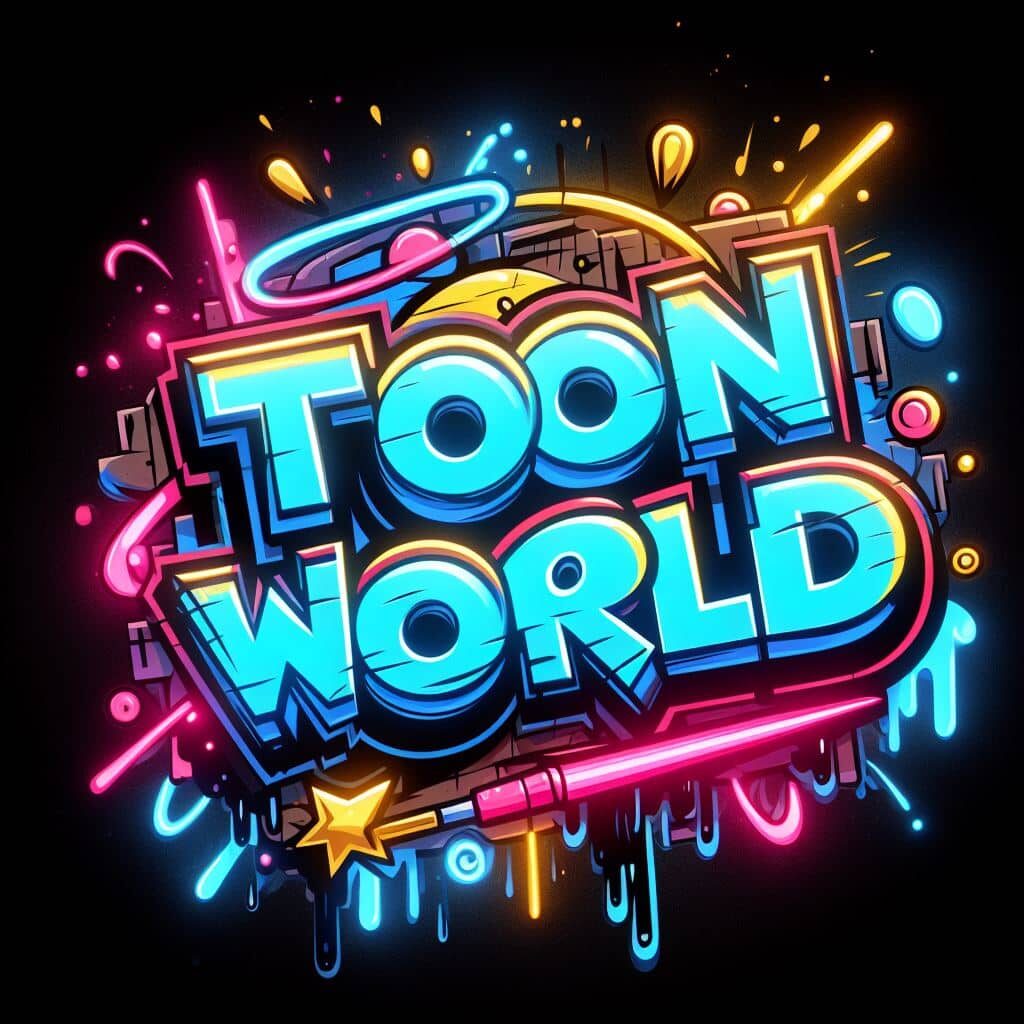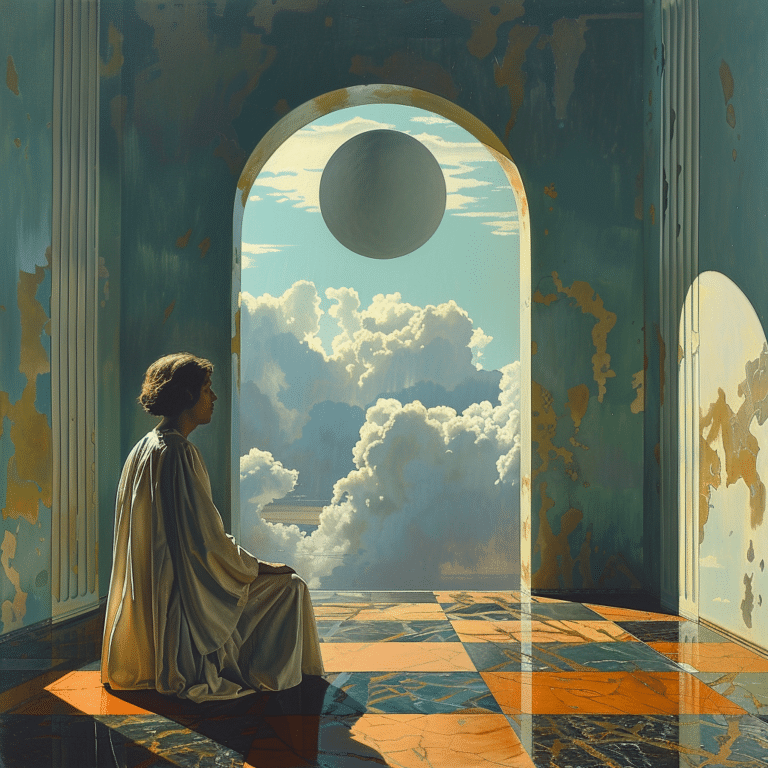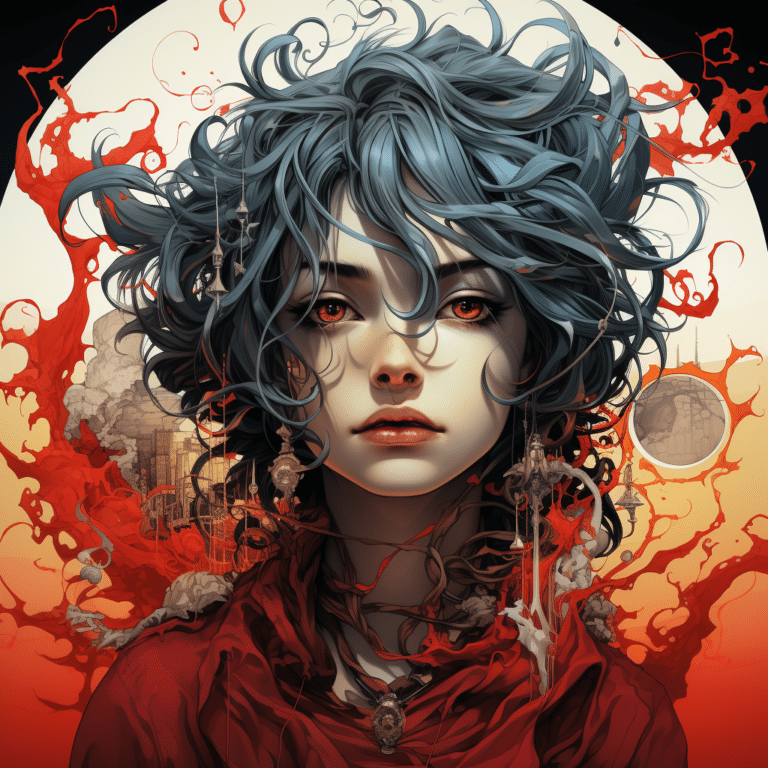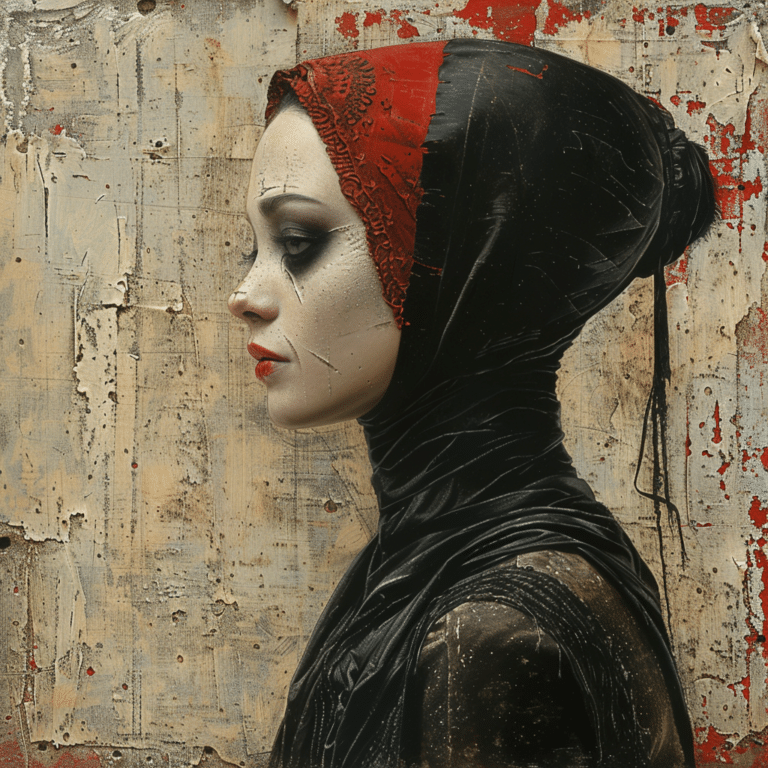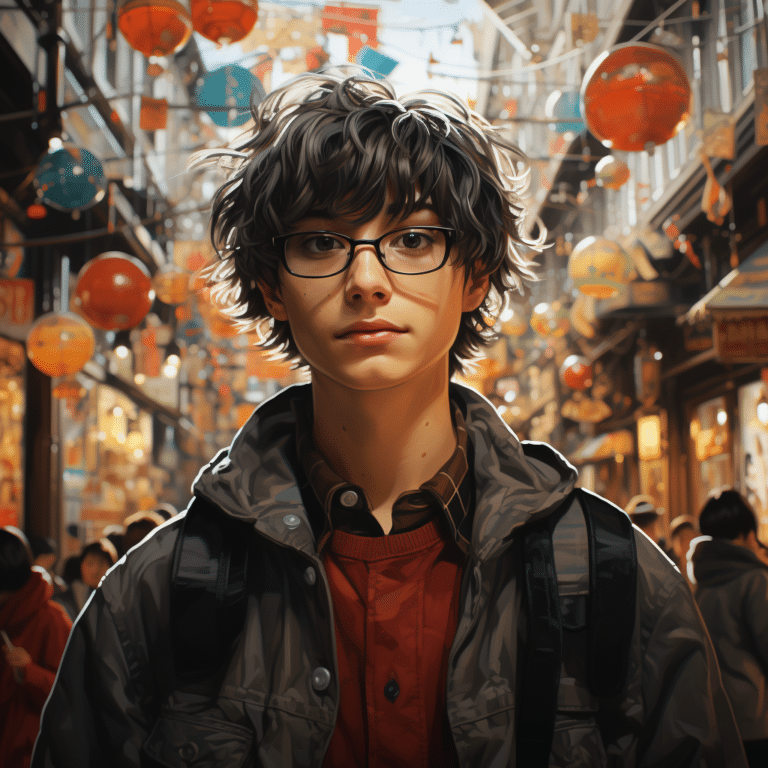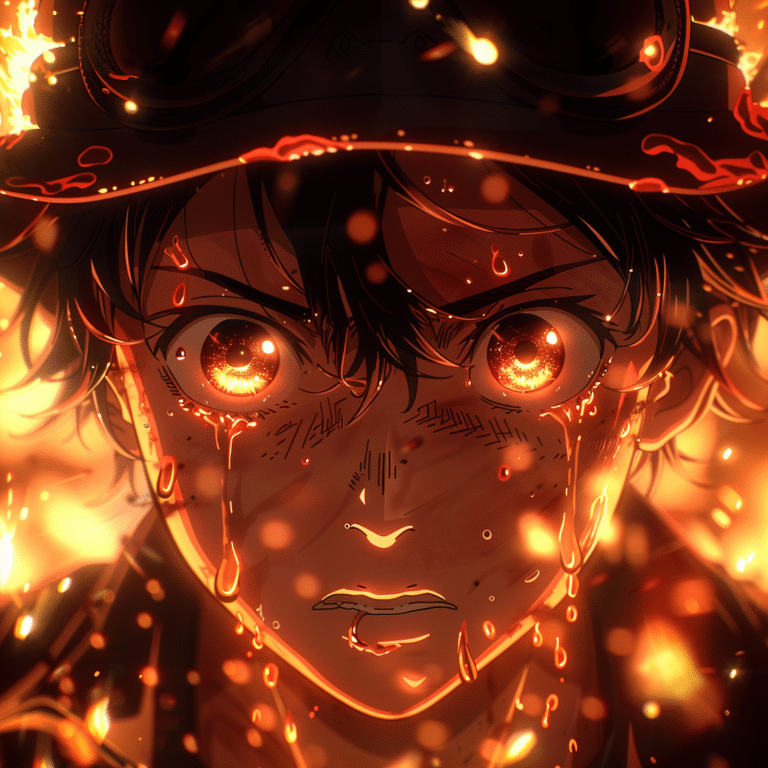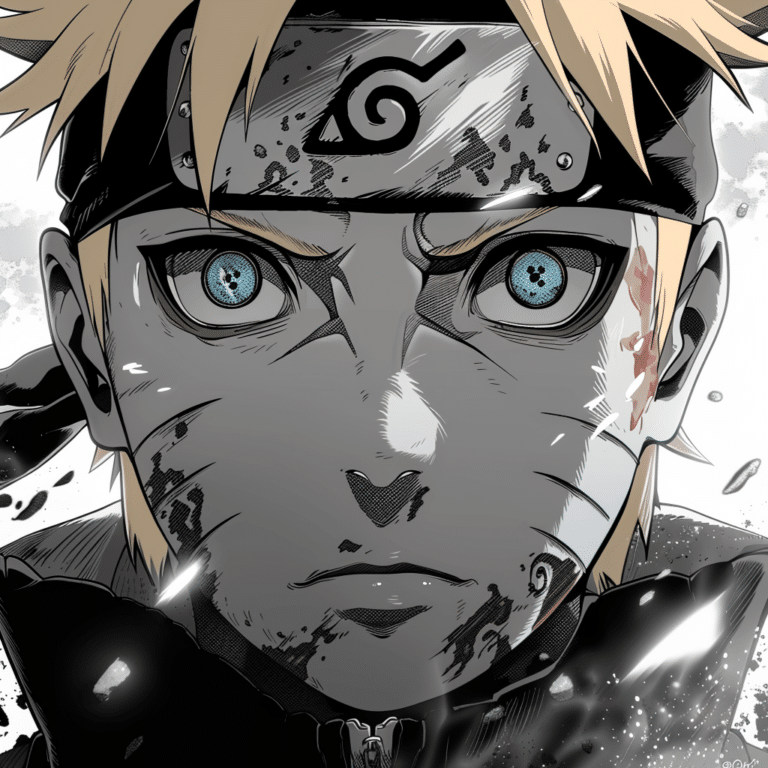The Joker from The Suicide Squad has taken the chaotic nature of this iconic character and cranked it up to eleven. Played by Jared Leto, this version of the Joker leaps off the screen with a brash, flashy persona that’s unlike earlier portrayals. Heath Ledger’s gritty character from “The Dark Knight” brought a dark realism, while Joaquin Phoenix’s “Joker” offered a deep, tragic backstory. But Leto’s Joker? He’s a wild card all his own, capturing the spirit of madness with a dose of flamboyant style and unpredictable antics. So, what makes him stand out in the pantheon of the Joker’s legacy? Let’s dive in!
The Evolution of The Joker from The Suicide Squad
The Joker from The Suicide Squad is a character that screams evolution. Since his first comic book appearance, he’s undergone countless transformations, and Leto’s version is steeped in the bizarre. This Joker is more than just a clown; he embodies chaos, always ready to upend the status quo with a smirk on his face. While Ledger’s portrayal illuminated the dark side of chaos, Leto embraces the extravagant side, draping himself in tattoos and gaudy outfits that scream rebellion.
In Leto’s interpretation, we see the influences of pop culture infiltrating and reshaping the Joker’s identity. Imagine the exuberance of characters like Cyborg Franky and his outrageous style, combined with hints of the martial arts discipline from Grappler Baki. It’s a heady mixture! The Joker we experience in The Suicide Squad isn’t just a criminal mastermind; he’s a performance artist playing with the rules of sanity and insanity.
Jared Leto’s Joker mirrors a blend of absurdity and humor reminiscent of Japanese Spider-Man and Dr. Slump. Both series thrive on outrageous scenarios and laughter, elements Leto’s Joker uses to unsettle and entertain. With this creative amalgamation, this Joker is not just part of a crime story; he’s a chaotic force of nature that reflects our obsession with the bizarre and unpredictable aspects of humanity.

Exploring Key Influences: Joker for Suicide Squad and Pop Culture Icons
The Joker from The Suicide Squad doesn’t exist in a vacuum; he’s crafted from the fabric of pop culture, layered with various influences that enrich his character. A prime example lies in his chaotic yet stylish essence, which draws a clear line to characters like Cyborg Franky, known for his over-the-top personality and wild trends. Franky embodies anarchy, just like our Joker!
Then we have Grappler Baki, a series that showcases extreme martial arts tactics and strength. The Joker cleverly emulates this in his confrontations, showcasing how physicality can play a role in chaotic battles with the Suicide Squad. Think of how he weaves in and out of combat like a gymnast, unpredictable yet calculated!
Don’t forget the bizarre humor found in Japanese Spider-Man—a character who challenges convention and embraces the absurd. This goofy charm resonates through Leto’s portrayal, shining through the Joker’s statements and actions, which dance between hilarity and horror. Meanwhile, Dr. Slump contributes another layer, with its unpredictable comedy echoing the Joker’s worldview. This character paints a picture of a life riddled with madness—yet always amusing, much like our favorite clown prince of crime.
Behind the Jester’s Mask: Motivations and Madness
To truly appreciate the Joker from The Suicide Squad, one must uncover the twisted motivations behind his madness. Childhood trauma plays a pivotal role in forming this character, as countless comic tales and films hint at the dark origins that haunt him. Whether it’s abandonment, abuse, or loss, these pivotal moments have made him a spokesperson for chaos.
Then there’s the obsession with Batman. Their relationship stands as a cornerstone of the Joker’s identity. Picture the dark interplay between hero and villain; the push and pull of their strange bond fuels the Joker’s insanity and drives him deeper into madness. Many iconic battles and scenarios—from dynamic fights to elaborate tricks—showcase this connection and highlight how Batman serves not just as an adversary but as a catalyst for his chaotic mind.
Lastly, Leto’s Joker embodies a cultural commentary on modern society. He critiques societal norms by embodying chaos itself, reflecting the turmoil that many face today. With his antics, he mirrors a world filled with unpredictability and absurdity. Just like the harrowing journeys faced by the residents of Gotham, so too do we feel the echoes of societal chaos and madness throughout our own lives.

The Joker’s Relationship with Harley Quinn: A Complex Dynamic
No exploration of the Joker from The Suicide Squad would be complete without delving into his tumultuous dynamic with Harley Quinn. Their relationship is one tangled with toxicity, manipulation, and a warped love. Harley’s presence challenges the Joker, pushing him to explore different sides of his madness, while also amplifying his chaos.
The power play within this relationship is fascinating. The Joker and Harley’s bond highlights a volatile friendship filled with emotional turmoil. In many ways, they exemplify the darker sides of relationships where love and hate intertwine, leading the audience to question what true love should look like. It can serve as a reflection on toxic relationships in the real world—making viewers ponder their own love stories amid the chaos.
Moreover, as their relationship unfolds in The Suicide Squad, it offers significant commentary on mental health influences within romantic dynamics. This portrayal helps to challenge stereotypes and sheds light on the complexities of human emotions. Thanks to Harley, the Joker’s crazy world becomes even richer, raising discussions around love, loyalty, and madness.
Iconic Moments and Memorable Quotes: Defining the Joker from The Suicide Squad
The Joker has gifted us with a treasure trove of memorable moments and quotes. For instance, when he boldly states, “I’m not a monster. I’m just ahead of the curve,” it showcases his perspective and distorted worldview. He isn’t solely a villain in his eyes; he’s a misunderstood genius, cleverly manipulating how we perceive sanity.
His antics throughout The Suicide Squad provide humor wrapped in chaos. The physical comedy displayed in scenes, such as his erratic movements and celebratory laughter during chaotic events, brings a classic clown feel to the character. It cleverly juxtaposes with chilling horror elements, giving audiences both a laugh and a goosebump.
Navigating the delicate balance between hilarity and fear, the Joker’s capability to make us laugh while simultaneously giving us chills leaves a significant impression on audiences. His dark humor flips the script, forcing viewers to confront the thin line between laughter and dread, proving how multifaceted this character truly is.
Closing Reflections: The Joker’s Legacy in the Universe of Antiheroes
The Joker from The Suicide Squad stands as an emblem of chaos, charm, and critique, solidifying his role as a key player in the universe of antiheroes. As audiences continually engage with his peculiarities, they can’t help but analyze their relationship with madness, morality, and the gray areas that blur right and wrong.
This rendition of the Joker, with its wild charisma, becomes a key point in conversations surrounding mental health and societal chaos. His legacy remains relevant across media, challenging heroes and viewers to explore the thin boundaries that separate insanity from genius. The Joker’s story resonates powerfully today, inviting us to ponder deep questions about our own lives and the societal structures surrounding us.
As The Joker from The Suicide Squad continues swirling through the hearts and minds of fans everywhere, his portrayal reminds us that understanding the complexities of madness isn’t merely an exercise for the realm of fiction—it’s a journey that invites us all to explore our feelings of love, hate, and everything in between. Looking at it all, we see not just a freaky villain but a reflection of deeper truths lurking beneath our everyday chaos.
The Joker from The Suicide Squad: Behind the Madness
The Origins of Chaos
The Joker from The Suicide Squad brings a mad twist to the iconic villain. But did you know that Jared Leto’s portrayal includes bits inspired by various sources? For instance, Heath Ledger’s haunting performance in The Dark Knight influenced Leto’s method acting approach, almost like Evangelion Units merging with chaos to create something unforgettable. Leto dove deep, even choosing to stay in character off-camera, which left many cast members baffled and intrigued; it’s a wild take on how acting can flit into the crazy world of method performance.
Additionally, Leto’s Joker has been tied to specific designs and aesthetics that contribute to his menacing personality. The clownish tattoos, for instance, enhance the ever-chaotic persona, echoing the battle scars seen in Berserk: The Golden Age Arc. Already, you can see how his character aligns with a broader narrative of legendary misfits who thrive on chaos. So, this Joker isn’t just a mishmash; he’s a crafted character stirring waves through the halls of Gotham’s madness!
A Flawed Expression of Madness
Leto’s take on the Joker in The Suicide Squad isn’t just about crime—it’s also a commentary on mental health. The character’s unpredictable nature often raises eyebrows. For many fans, including those who appreciate Chainsawman Characters, this portrayal ignites conversations around the extremes of mental illness. While it’s easy to jump into sensationalism, examining the undertones reveals a deeper yet twisted representation of personal turmoil.
It’s fascinating that the Joker’s relationship with Harley Quinn also portrays a tumultuous love story, reflecting aspects of dependency that can resonate with viewers. There’s something almost revealing when we see how their bond feels precarious, much like the journey of characters in Heavenly Delusion manga. So, when viewing the Joker from The Suicide Squad, we’re not just witnessing a villain’s exploits, but we’re also peering into an unsettling mirror held up to society’s complexities.
Thus, while the Joker’s lunacy is entertaining, it’s also layered with reflections of true madness. So, whether you’re looking into portfolio investing in the comic book world or pondering the emotional ties in a volatile relationship, this portrayal, with all its quirks, keeps audiences engaged, questioning, and craving more!

Who is the Joker in Suicide Squad?
In “Suicide Squad,” the Joker is portrayed by Jared Leto, who gives a unique take on the character as part of the DCEU.
Is Arthur actually the Joker?
Arthur Fleck, played by Joaquin Phoenix in “Joker,” is not connected to Leto’s version, so he isn’t technically the Joker in the DCEU but rather a different interpretation of the character from another universe.
Did Jared Leto play the Joker?
Yes, Jared Leto played the Joker in “Suicide Squad,” bringing a fresh, chaotic energy to the iconic villain.
Who played the best Joker?
The title of the “best” Joker is really subjective, with many fans debating between actors like Heath Ledger, Joaquin Phoenix, and Mark Hamill, each bringing something special to the role.
Why is the Joker alive in Suicide Squad?
The Joker survives in “Suicide Squad” to create chaos and manipulate others, fitting perfectly within the film’s wild narrative involving the Suicide Squad’s missions.
What happened to the original Joker?
The original Joker isn’t definitively stated in the DCEU; instead, Leto’s Joker provides a different spin on the character compared to the ones seen in earlier films and media.
Why is Arthur so skinny Joker?
Arthur Fleck is depicted as skinny in “Joker” to emphasize his struggles with mental illness and malnutrition, adding depth to his character transformation into the Joker.
What is Arthur’s mental illness in Joker?
Arthur’s mental illness is generally portrayed as a combination of depression and a range of psychological issues that ultimately lead to his breakdown and transformation into the Joker.
Is Joker Batman’s brother?
No, the Joker isn’t Batman’s brother; that’s more of a fan theory and isn’t part of the established canon in most versions of their stories.
Why did Jared Leto stop being a Joker?
Jared Leto’s involvement with the Joker character hasn’t continued due to changes in DC’s direction with their films and a shift towards different storylines and portrayals of the character.
Who was the last Joker?
The last cinematic version of the Joker before the current era was played by Joaquin Phoenix in the standalone film “Joker.”
Who did Jared Leto have a child with?
Jared Leto has a daughter named Ms. Leto, with his ex-girlfriend, model and actress Cameron Diaz.
What is the Joker’s real name?
The Joker’s real name is “Jack Oswald White,” according to the 2016 film, adding a layer to his character’s backstory.
Who has the best Joker voice?
Mark Hamill is widely regarded as having one of the best Joker voices, thanks to his iconic performances in animated series and video games.
Who almost played the Joker?
Before Jared Leto, several actors were considered for the Joker role, including Ryan Gosling and even Leonardo DiCaprio, but Leto ultimately landed the part.
